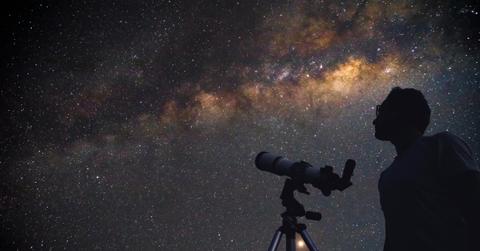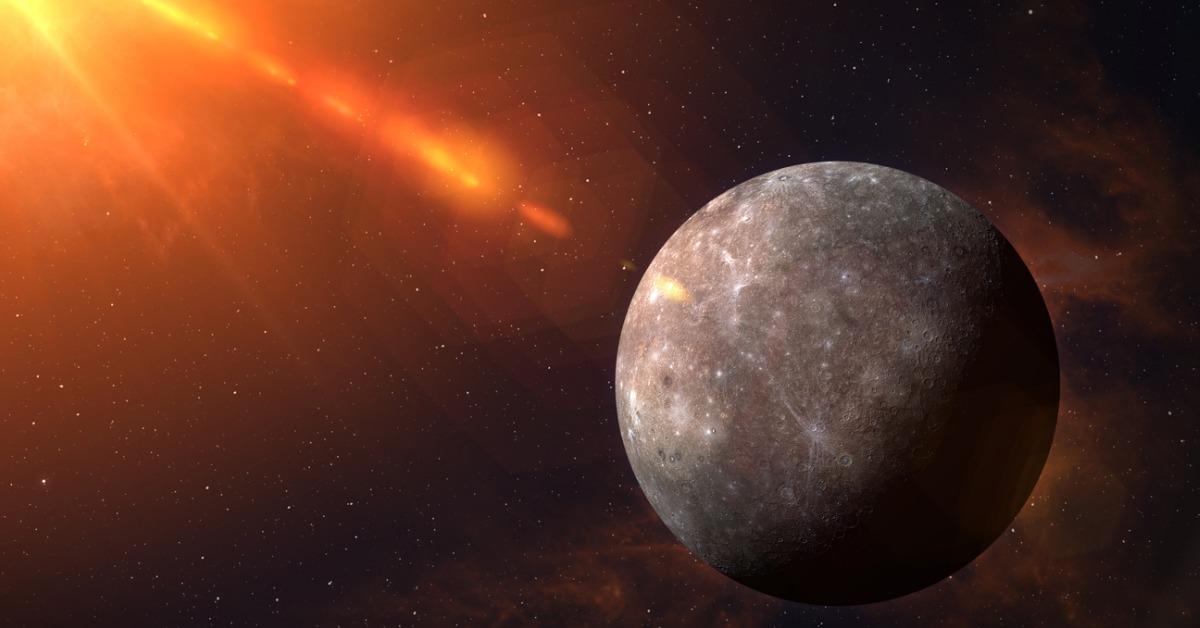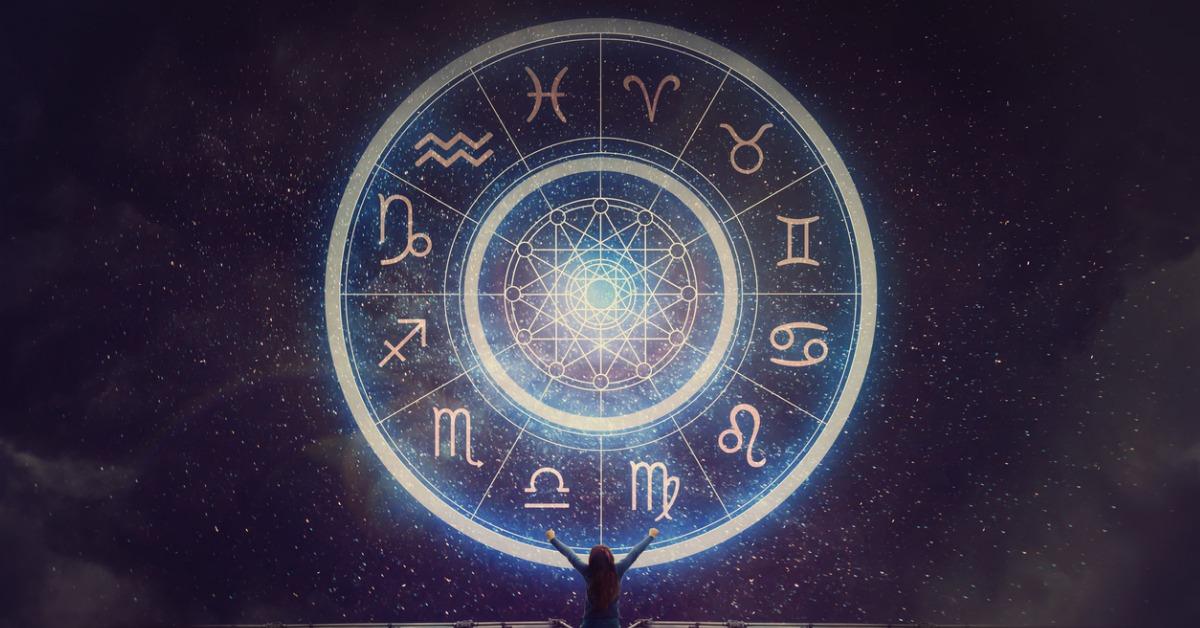What Does Mercury in Retrograde Mean, And How Does It Affect Us?
Published Nov. 24 2020, 5:24 p.m. ET

For centuries now, human beings have looked up at the stars for guidance. In ancient times, astrology was hailed as the best way for druids, sages, and soothsayers to predict the future by studying the relative movements or positions of celestial objects in the night sky. Even if you don’t know or understand it, there are likely to be more than a few terms that you’ve heard new age students of astrology talking about over the years. For instance, what in the heck does “mercury in retrograde” actually mean?

Is astrology a legitimate science?
Astrology is certainly a legitimate belief system. Whether you consider it to be science, pseudoscience, or actual divination, it is hard to overlook its cultural significance throughout the course of human history. These days, most of the people who actively follow astrology are categorized as “fringe” members of society. That is to say, their beliefs are not generally accepted by society at large.
To be clear, this is not to say that those who follow astronomy are kooky or otherwise unusual, or that there is any negative connotation attached to believing in it. Indeed, many who consider themselves fringe actually revel in their uniqueness.
What does Mercury refer to?
According to the NASA website, Mercury is the smallest planet in our solar system and the closest planet to the sun. Despite that proximity, however, it is not the hottest planet in the Milky Way. Venus is actually hotter.

What does Mercury in retrograde mean?
Mercury is considered to be “in retrograde” when it suddenly stops and then appears to be moving backwards, rather than forwards, from its orbit. The phenomenon itself is merely an optical illusion, though, as the planets rarely, if ever, move counter to their defined patterns of orbit. Illusion or not, based on the beliefs of astrology, this unusual celestial behavior portends strange goings-on in the near future.
When is Mercury in retrograde?
The phenomenon generally occurs three or four times a year, and only lasts for a few days or more each time. In 2020, the first retrograde event started on Feb. 16 and lasted until March 9. Another retrograde occurred from June 18 to July 12, and then another from Oct. 13 to Nov. 13. But do these dates and durations actually mean anything, or are they just strange phenomena with no real-world after-effects?

What effects are attached to Mercury being in retrograde?
Misfortune, bad luck, general bad times, and bad vibes— all of these are somehow linked to mercury’s backward movement. Considering what a strange and unsettling time the world has experienced in the past year, it could mean that Mercury’s movement might have had some disruptive impact on world events. Though that hardly explains away the periods of bad luck you might have experienced in previous years — or does it?
According to Cafe Astrology, any time you experience bad luck during those periods of time, you can probably blame them on Mercury’s moonwalk. Experts on the subject say that you should avoid making plans or setting long-term goals during this time, for fear of them getting upended by some unforeseen misfortune. Examples of this include disrupted travel, getting lost, or emails and/or letters going missing. There are also references to falling out with friends and family during this time.
It’s hard to argue that the periods in which Mercury has been in retrograde this year have not coincided with some pretty unfortunate events. March saw the COVID-19 pandemic spread across the globe in the same way that experts feared it would. This summer saw the truth about racial inequality in the U.S. come to a head. And October through November saw the U.S. gripped by a divisive and controversial election — which consequently caused many to fall out with friends and family.

Is all of this true?
As far as science is concerned, correlation does not imply causality. Just because a thing happens after another thing, it does not mean that the first thing is responsible for the second. Human beings love to look for patterns in everything we encounter. We do this because we seek to understand the world around us, from the bottom of the sea to far beyond the limits of space.
In the end, who knows if astrology is correct? For all we know, it might be. It’s like Shakespeare said, “There are more things in heaven and earth, Horatio, than are dreamt of in your philosophy.”